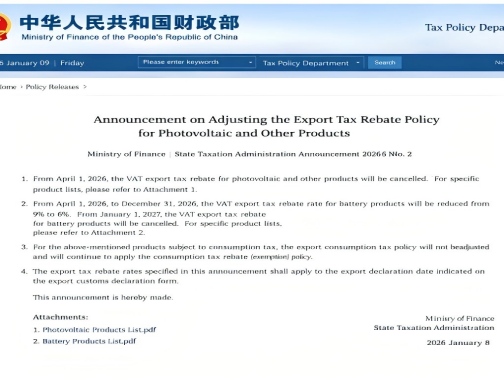D’un autre côté, les systèmes photovoltaïques commerciaux sont idéaux pour les usines, les bureaux et autres installations à grande échelle ayant des demandes énergétiques plus élevées et plus variables. Ces systèmes nécessitent souvent un espace étendu sur le toit ou au sol et impliquent une planification et une installation plus complexes. Bien que l’investissement initial pour les systèmes commerciaux soit nettement plus élevé, ils offrent des avantages substantiels à long terme, notamment une réduction des coûts énergétiques et la possibilité de vendre l’électricité excédentaire au réseau. Les technologies avancées, telles que les onduleurs haute capacité et les configurations optimisées, contribuent à maximiser l’efficacité et le rendement.
Les principales différences entre les systèmes résidentiels et commerciaux résident dans l'échelle, le coût et la complexité de l'installation. Les systèmes résidentiels sont plus petits, plus abordables et plus faciles à installer, tandis que les systèmes commerciaux sont plus grands, plus coûteux et nécessitent une planification détaillée. Tous deux bénéficient d'incitations telles que des subventions et des crédits d'impôt, bien que les projets commerciaux puissent également tirer parti des accords d'achat d'électricité (PPA).
En évaluant vos besoins énergétiques, votre budget et l'espace disponible, vous pouvez sélectionner le bon système pour obtenir des avantages à la fois environnementaux et financiers. L'énergie solaire est un investissement durable, que ce soit pour une maison ou une entreprise.








